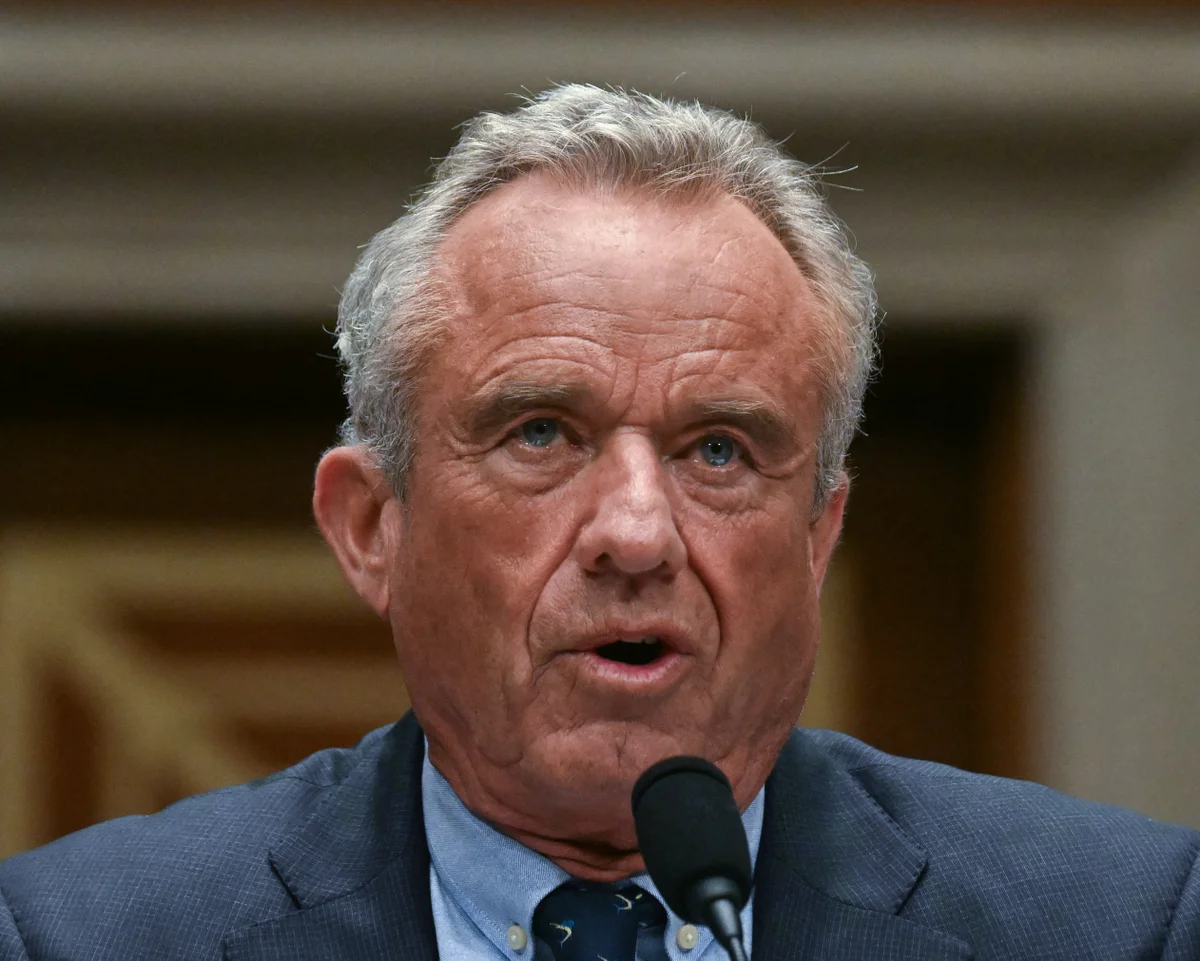The U.S. Centers for Disease Control and Prevention (CDC) has made a controversial move by appointing Retsef Levi, a well-known critic of mRNA COVID-19 vaccines, to chair its COVID-19 immunization workgroup.
Who Is Retsef Levi?
Levi, a professor at the Massachusetts Institute of Technology, has openly questioned the safety of mRNA vaccines, particularly for younger age groups. He has previously argued that these vaccines carry significant risks and should be withdrawn from circulation, a position that has placed him at odds with much of the scientific and medical community.
Role of the Workgroup
The CDC’s immunization workgroup plays a critical role in shaping recommendations on vaccines by reviewing safety data, immune response evidence, and effectiveness studies. Its findings directly influence the Advisory Committee on Immunization Practices (ACIP), which advises on national vaccine guidelines.
Wider Changes in Vaccine Policy
This appointment follows a broader restructuring under Health Secretary Robert F. Kennedy Jr., who earlier this year dismissed all 17 former members of the advisory committee and replaced them with new appointees, including individuals skeptical of COVID-19 vaccines. Prominent medical organizations were also removed from direct involvement in these panels, sparking concerns about the diminishing influence of established scientific voices in shaping vaccine policy.
Shifting Recommendations
Recent policy changes reflect a more cautious stance on vaccination. The CDC no longer recommends routine COVID-19 vaccination for all children. Instead, parents are advised to make decisions in consultation with healthcare providers. Additionally, recommendations for vaccinating pregnant women have been withdrawn.
Divided Reactions
Critics warn that placing a vaccine skeptic in such a prominent role could erode public confidence in immunization programs and introduce bias into health policy. Supporters, however, argue that the move brings greater transparency and ensures that alternative viewpoints are heard, particularly regarding long-term vaccine safety.
This development underscores the deepening divide in the United States over vaccine policy and raises questions about how future public health recommendations will be shaped.















Leave a Reply